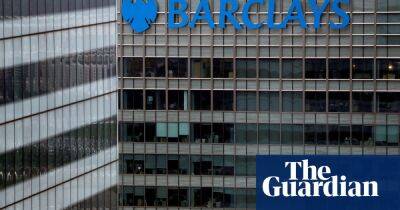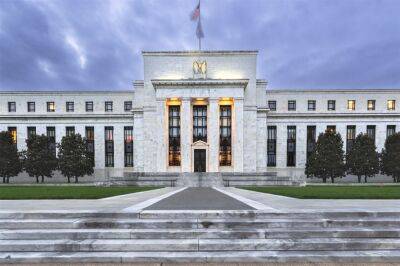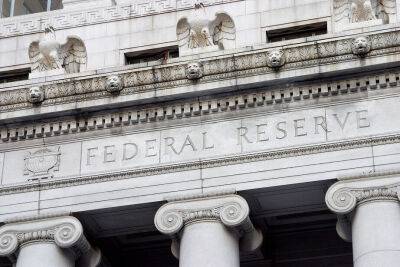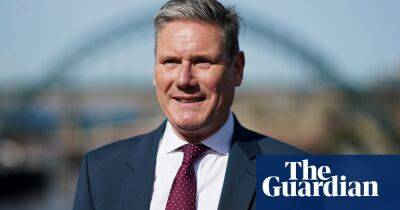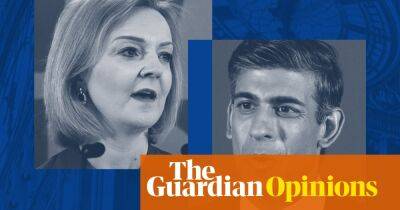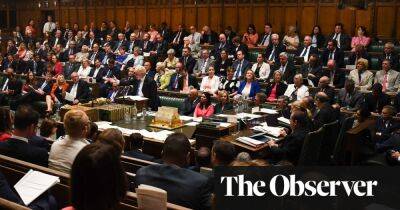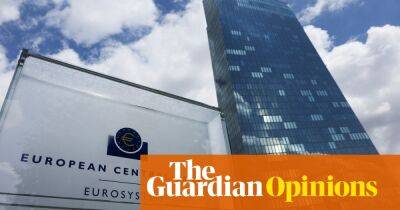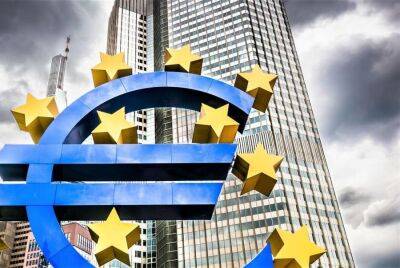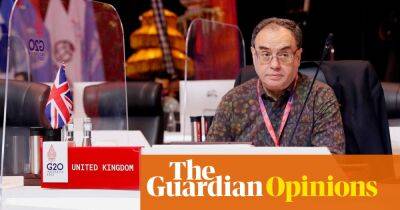The Guardian view on Tory economics: for haves, not for have-nots
It is no coincidence that the modern-day Conservative party was born just when Britain was its most equal, in the late 70s. Thatcherism was a counter-revolution in economic thinking. Its aim was to roll back what had until then been a successful model of state intervention in favour of business interests. During the 1970s, energy price shocks produced inflation. Yet this was attributed by rightwing thinkers to slack government fiscal and monetary policy. When policy was tightened, the lengthening dole queues that resulted were blamed on the power that trade unions had gained after decades of full employment.
Thatcherism pinned the sense of the country being adrift on egalitarianism. Its supporters argued that economic progress needed more, not less, inequality. Tories first identified their enemies and then opportunistically scapegoated them for the country’s plight. That ploy worked when they were insurgents, but today’s Conservative party has been in power for 12 years. It is struggling to repeat the trick. Voters do not recognise trade union leaders as “barons” because they do not think of their status as being more privileged than that of their members or the general public.
What has been created in Britain since the 1970s is an unstable economic structure marked by high levels of inequality. The financial crisis of 2008 should have put paid to this. Instead, Conservative prime ministers continued to support the inequality-driving practices of big business and the uneven division of gains from economic activity. None of the candidates to lead the Tory party show any sign that reducing poverty and inequality will be a priority. Levelling up remains very much a slogan in search of a policy.
UK income inequality is high
Read more on theguardian.com


